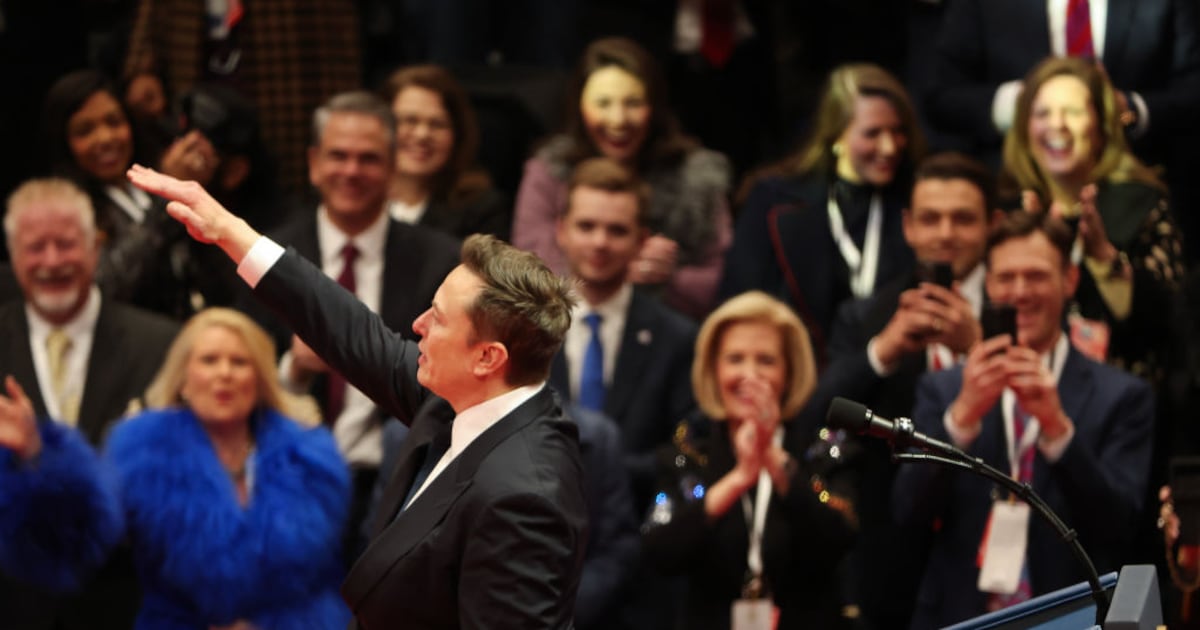Amina Kamel will never forget her last day of school. In January, the 20-year-old pharmacy student was at Aleppo University preparing for an exam when two explosions rocked the campus, killing more than 50 people. Kamel recalls the cries of her classmates, and the pandemonium that erupted as the students tried to flee their classrooms.

“We didn’t even know which way to run because of our panic, but when we reached the door to get outside that’s when I saw the blood … and the bodies,” she recalls, shaking her head and clenching her teeth. One of her friends was among the dead. The explosion had left his body unrecognizable even to his family. “It makes me so angry, just sick,” she says. “I remember thinking ‘no, this is a university. This is our place.’ [The students are] not on either side of the war.”
At the time, the government and the rebels each blamed the other side for the bombing. But given the information on the weapons involved, it is likely that Assad’s air force mistakenly targeted the university.
This dynamic has manifested itself throughout the conflict, most recently with each side blaming the other for the reported use of chemical weapons in an attack this month that may have killed more than one thousand civilians and ignited international demands for intervention. On Saturday, President Obama reached out to Congress seeking approval for targeted strikes in Syria. Congress will reconvene on Sept. 9—just a week before the school year resumes in Syria—to make a decision about military intervention.
Located in a regime-controlled area of the city, Aleppo University has become a safe haven for students whose families have fled other areas of conflict within Syria. Despite the January bombing and other attacks, the university has kept its doors open throughout the conflict, and is expected to resume classes in a few weeks, once summer break is over.
But the students at Aleppo University are among the lucky few. Millions of Syrian students have put their education on hold because of the war. Schools have been destroyed; neighborhoods uprooted, and many now live displaced lives, either within the country or as refugees abroad. According to UNICEF, one in five schools (PDF) in Syria have been destroyed, damaged, or converted into shelters. Of the 4 million Syrians who are internally displaced, more than two-thirds (PDF) are children. For those who have fled abroad, more than more than half the estimated 1.5 million refugees are children younger than18.
Like many other countries in North Africa and the Middle East, Syria is a disproportionately young country, with more than half the population younger than 24. Parents and local aid groups try to provide some form of education for the children, despite the violence and chaos, in order to maintain even just a small measure of normalcy for the kids. In the rebel-controlled Syrian town of al-Bab, for example, more than six schools have been bombed by Assad’s air force, yet parents and community leaders defiantly started “bunker schools” last fall—running basic elementary schools and offering playtime for the kids in secured concrete underground cells.
“Our children don’t deserve this. They deserve their right to an education just like American children,” said one parent who volunteers at one of the bunker schools. Talking about the future in Syria for his son and three young daughters, his eyes filled with tears.
Outside Syria, UNHCR is coordinating primary education for children in refugee camps in Turkey, Jordan, Iraq, and Lebanon. In Jordan’s notorious Zaatari refugee camp, UNICEF estimates (PDF) that one in 10 of every registered refugee is under the age of 3. “We are incredibly concerned about the situation for Syrian children, who make up the majority of those affected by the violence, and thus, we have put much of the focus of our operations on the safety, education, and mental and physical health of the children,” said UNHCR spokesperson Sybella Wilkes by phone.
For Kamel, a science buff, the government’s bombing of her university changed everything. Not only did she lose a childhood friend, she lost a hard-fought-for education. “I’m the first of my family to go to college,” she said with pride.
Her father, who fought with her conservative brothers to defend her right to an education, relented after the bombing. “The attack was too much for him,” she said. After the bombing, her father forced her to leave Syria and join her family across the border in Turkey. (Her hometown of Marreh, a small town near Aleppo, pushed out Assad’s forces last fall, but the Syrian government’s bombardments of Marreh and other “liberated towns” had eventually become too much for her family and, like thousands of other Syrians, they had fled to Turkey where they are currently living in a refugee camp in Gaziantep.)
Now, when she brings up the subject of university or continuing her studies, he insists that she get married and move on with her life.
“The day of the attack might have been my last day of school … Forever,” she said.






